by Tay Gabbidon | Jan 27, 2020 | Blog, Nutrition, Science

WHAT IS KETOSIS?
Ketosis is the metabolic state in which one produces elevated levels of ketone bodies. Ketones are produced by the liver from fats stores during times of fasting, in this case from sugars and carbohydrates.
The human body can use two things for energy – glucose (sugar) and ketones. When you are in ketosis the body is forced to use stored fat as fuel by way of ketones.
SHOULD I CUT MY CALORIES?
If you get your information from food companies, or institutions like Slimming World, or Weight Watchers, then you will end up in a vicious cycle of calorie cutting in order to lose a few pounds. Sadly, the vast majority of people on these programs will never get to where they want to be. The only result is less muscle and bone mass and a higher body fat percentage. Restricting calories can help you lose weight, but won’t necessarily help you lose body fat.
Calories are nothing more than a unit of measurement used to determine the amount of energy we get from food – simple as that. If you have 500kcal worth of broccoli in one hand and 500kcal worth of chocolate in the other, which one is going to make you fat? The chocolate will because it’s loaded with sugar. This makes common sense out of the fact that not all calories are equal. Yet companies like Nestle and Cadbury’s will advertise sweets and chocolate bars that are only 100kcal claiming they’re healthy. Wow! Talk about capitalizing on peoples’ ignorance.
SO SUGAR AND CARBS ARE THE ENEMY?
Calories equal energy. We can only get calories from macronutrients – protein, carbohydrates and fats. Carbohydrates and sugars are one in the same. Carbs are, in fact, just complex chains of sugar molecules. This is why refined carbs, such as rice, pasta and bread, raise blood-sugar levels higher than any other food.
The body’s response to elevated blood-sugar levels is insulin. Once released from the pancreas, insulin takes the sugar from the blood to the liver where it is converted into glucose and pushed into the cells. Remember that the body can use either sugar (in the form of glucose), or ketones for fuel. Once in the liver, the sugar gets converted into glycogen – stored sugar – and then into fat.
That’s how we get fat.
The liver can also convert amino acids from proteins into fat, but this typically only happens if you have too much in one sitting, or when simultaneously getting an insulin spike from carbohydrates.
SHOULD I AVOID FAT?
Unlike protein and carbohydrates dietary fats do not pass through the liver. Instead they get absorbed directly into the lymphatic system as chylomicrons. (Remember, the liver controls body fat storage). It is possible to store dietary fats as body fat, but again, mainly when combined with sugar or carbs resulting in an insulin response. With that understanding it should be clear that a low fat/high carb diet is not the way to go about losing body fat. Rather that is should be the other way round – high fat/low carbs.
The original research into diabetes that took place in the 1920s by Fredrick Banting and Charles Best gave scientists the understanding that the disease was caused by excessive fat storage in the liver and pancreas. Understandably, dietary fat became the culprit. Hence the implementation of the low fat/high carb diet and the infamous food pyramid on the mass population. Not soon after came more than a 400% increase in cases of type 2 diabetes due to the fact that doctors treated the disease with more of the same diet that actually caused it in the first place! What a mess.
But a lot has changed since then. Technology has advanced, so we now know that it is the liver that converts things into body fat. Finally, we have the tools necessary to beat obesity and type 2 diabetes.
WHAT FATS SHOULD I AVOID?
Dietary fats can be saturated, monounsaturated, polyunsaturated, or trans. Our bodies need all of them excluding the last. Trans fats are a by-product of hydrogenation, which is when hydrogen is used to solidify oils and prevent them from going rotten. They are found in things such as margarine, microwave dinners, fast food, palm oil, etc. They are unnatural and should be avoided at all costs.
Saturated and unsaturated fats should be a part of everyone’s diet. Yes, I said saturated fats as well! The sad reality is that if you google search “is saturated fat healthy?” you will get a couple pages in before you find anything that doesn’t vilify this key nutrient. I can tell you first hand that saturated fat plays an important role in the reversal of type 2 diabetes, in which I have helped countless clients achieve over the years. The research and publications of The Weston A. Price Foundation and many others consistently confirm that chronic diseases have increased dramatically over the past forty years. This is a direct result of the dietary guidelines given to the public – telling them to restrict animal fats and replace them with grains and sugars.
Saturated fats are needed for brain, cardiovascular, bone, immune and nervous system health, so a deficiency can cause problems in more place than one.
WILL FRUIT HELP ME LOSE WEIGHT?
Fruit contains the sweetest natural sugar in the world – fructose. Earlier I mentioned that the cells can use glucose for energy. All sugars (dextrose, lactose, maltose, etc.) can be converted into glucose in the liver to be used as energy except for fructose. Instead fructose gets stored as glycogen and then body fat. Continuous high levels of fructose can quickly lead to type II diabetes. From the 1970s-present day food companies add High Fructose Corn Syrup and Glucose-Fructose-Syrup to just about every sugary drink and most sweets on the market. This has also contributed to the 400%+ increase in Type II Diabetes over the past few decades.
If you’re looking to get into ketosis then you should avoid fruit. However berries have only trace amounts of fructose and will not cause a spike in insulin levels.
HOW WILL I KNOW I AM IN KETOSIS?
Sugar is highly addictive, so expect to experience some withdrawal symptoms and subtle changes from your body switching energy sources. The transition can take up to 48 hours, but once you get through that threshold your energy, mood, sleep, hair, skin, nails – everything should improve. Here’s what to look for:
- Weight loss
- Obviously, you’re in a fat burning state.
- Bad breath
- A faint smell similar to methane can be caused by higher levels of ketones in the first 48 hours
- Loss of appetite
- Protein and veg digest slower than carbs and ketones could suppress appetite in the brain
- Increased focus
- Ketones can improve brain clarity and brain function
- Temporary lethargy
- Switching from glucose to ketones as your main source of fuel might take a couple of days
- Digestive issues
- Diets based on ketosis often involve major changes in food, so detoxification of the digestive system can cause some constipation, or diarrhea
- Be sure to consume vegetables high in fibre
- Insomnia
- Ketosis can also sleeping problems for up to a couple of weeks, but once adapted, quality of sleep is normally improved
CONCLUSION
Diets built around ketosis are the most effective for losing body fat. The keto diet is not a calorie counting, or cutting diet, but it would be wise to avoid eating too many calories in one sitting (as previously mentioned). Good news is that you don’t have to obsess over calories.
Be sure to set reasonable goals. Give yourself a day off at least once per week. It will help psychologically more than anything.
With that being said, bon voyage and good luck!
Tayvis Gabbidon
For help with your diet book a consultation here:
https://immortal-training.com/book-a-consultation/
References:
https://www.healthline.com/nutrition/10-signs-and-symptoms-of-ketosis#section11
https://www.westonaprice.org/health-topics/know-your-fats/good-fats-bad-fats-separating-fact-from-fiction/
https://urbanremedy.com/fats-real-skinny-healthy-fats-harmful-fats/
https://www.dietdoctor.com/authors/dr-jason-fung-m-d
Book of reference:
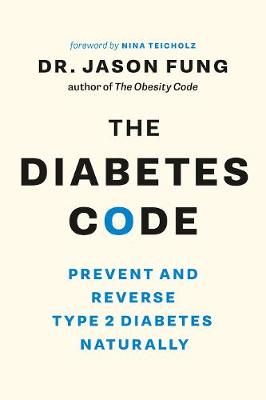
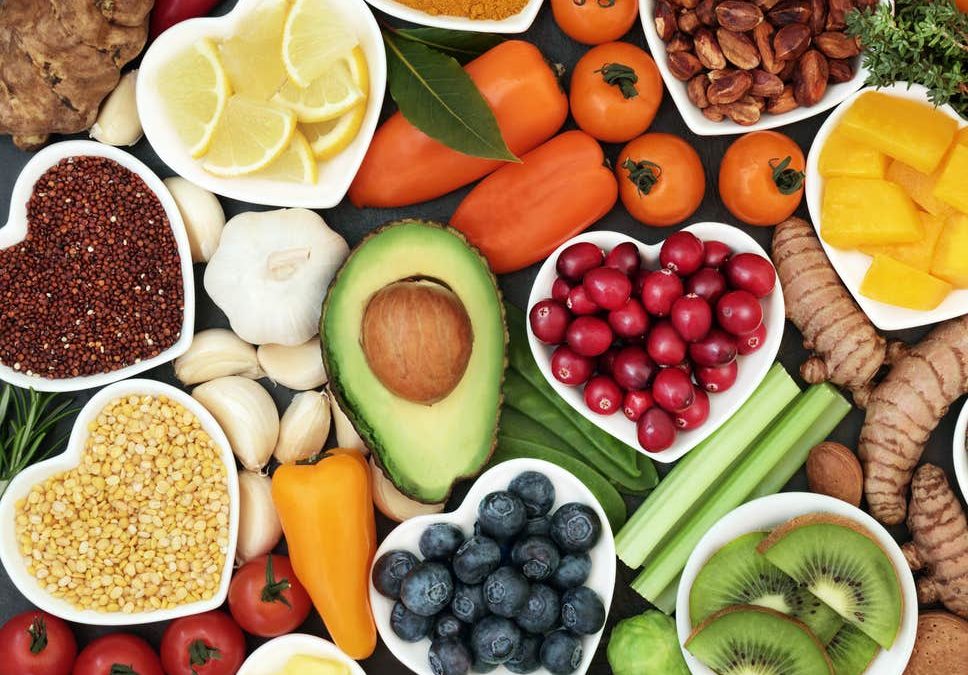
by Tay Gabbidon | Dec 10, 2019 | Blog, Nutrition, Science
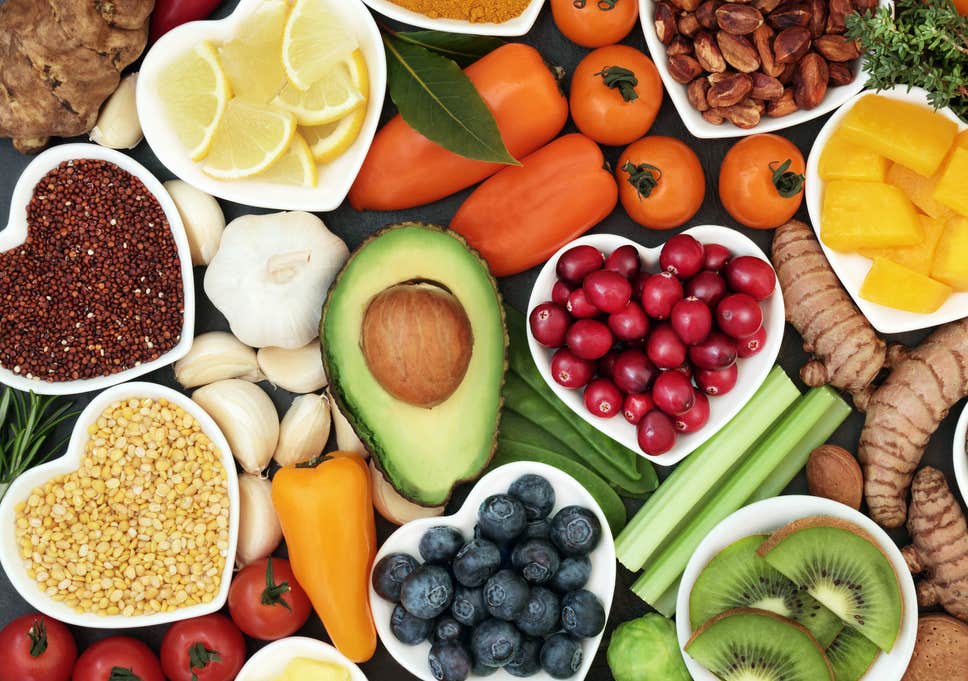
Before reading any further it should be known that I am not writing this article with the intention of bashing vegans. This is all about spreading awareness, because knowledge is power. As long as it is healthy and gets you results, I will support whichever diet you choose to follow. Therefore my nutritional advice will always remain unbiased and supportive.
Because of unreliable farming sources, overpopulation, mismanagement of the environment, and corporate greed, veganism is justifiably on the rise. Millions of people worldwide are taking to the streets to protest in attempts to save the planet from human destruction. Hardcore vegans seem to be at the forefront of the battle.
Watching the Amazon go up in flames, or the islands of plastic waste floating in the oceans, I don’t think that any of us can argue that something drastic needs to be done. We can all find ways to play a part in helping to save our home, so if you decide that veganism is your best weapon then I am here to guide you through it in a realistic manner.
HAS VEGANISM PLAYED A PART IN HUMAN EVOLUTION?
The practice of vegetarianism can be traced back to the Indus Valley Civilization in 3300-1300 BC to Indian philosophers and emperors, and also to Greek and Roman philosophers throughout history. Through historical documentation, we know that veganism was practiced by an Arab poet named al-Ma’arri in 973-1057, and then later showed its face in the form of a movement in 19th century Europe and America as a holistic treatment for a wide range of infections and viruses, such as tuberculosis and acne.
However there has never been a period in human history where large populations of people have survived on a vegan diet for a considerable period of time. Therefore veganism hasn’t ever played a part in human evolution. It has not had an effect on our actual homo sapien DNA. Human beings have always identified with three main types of diets throughout our existence – hunter/gatherers, cultivators and nomads.
Hunter/gatherers were the earliest. Their diet was made up of animal meat, fish, fruit, vegetables and nuts. Cultivators were the first to farm, and over time their stomach acid levels dropped considerably low due to the lack of meat in their diets. Still, they also ate fish and, occasionally, poultry. The nomadic groups ate a universal diet consisting of meat, veg and carbs. But because of their nomadic lifestyle, these food groups would rarely have been available at the same time. Because of this, people who identify with them may have trouble eating protein and carbohydrates in the same sittings.
Fact – the vegan diet is not ideal for human beings, but that doesn’t mean that it is useless. Veganism works wonders for detoxification of the body. It can help reverse type 2 diabetes by ridding the body of stored glucose (sugar) and fat that builds up in the cells and organs. Studies have shown a correlation between the reductions of cancerous cells alongside other treatments such as THC oil. If you are looking for a complete reset of the body on a cellular level then veganism is the way to go. But you will definitely experience some problems within a year or two due to the deficiencies caused by a vegan diet.
IS PLANT PROTEIN BETTER THAN ANIMAL PROTEIN?
One of the characteristics that make us human is our ability to find and implement nutrient dense foods into our diets. This has been a major factor in human evolution. Cooking food makes a substantial amount of nutrients more bioavailable and this includes meat. In fact, mainstream science is debating the fact that cooking meat could have played a huge role in the development of the human brain thousands of years ago, giving us the specific types of proteins needed for them to grow into what they are today. This idea is currently theoretical but has interesting arguments on both sides.
Human beings are omnivores. Omnivores are opportunistic when it comes to food, which makes them more likely to overcome times of drought and famine. You can just look at other mammals such as cows and gorillas to see how many leaves and how much grass they have to eat in order to get enough nutrients. They basically spend their entire lives grazing for food. Making nutrients more bioavailable and finding food sources that are denser in minerals and nutrients gives us more time to build homes, farm, build space ships, figure out the meaning of life, and do things that make us human. If you are interested in learning more about these discoveries I recommend reading a book called Catching Fire by Richard Wangham, which is a good starting point.
As long as you’re getting enough protein from your diet, where you choose to get it from is not so important to me. Just know that women need one gram of protein per kilogram of body weight, and men need one and a half grams of protein per kilogram of body weight per day.
The deficiencies that you need to be concerned with are to come. After giving a bit of scientific information about each of the shortcomings I will end each section with my recommended supplement in order to support each.
WHAT ARE THE DEFICIENCIES CAUSED BY A VEGAN DIET?
EPAs & DHAs
Plants are amazing life forms. Through a process called phytovolatilization they absorb metals, such as iron, copper, zinc, etc. (all needed by the body in small amounts) from the soil and transform them into molecular structures that our bodies can effectively absorb.
Animals are not able absorb metals from the earth on their own. However there are lots of things that animals can do for us that plants cannot. A perfect example of this is EPAs & DHAs (healthy omega fats found in fish). If you are under the outdated impression that dietary fat equals body fat then I recommend researching into that subject in order to break out of that psyche. It is the liver that controls fat storage by converting sugar (and sometimes amino acids) into body fat, not dietary fat. In fact, dietary fat gets absorbed directly into the blood by chylomicrons instead of passing through the liver. If you are looking to stick to a healthy diet then it should consist of 40% dietary fats per day. The only fat you need to avoid is trans-fat, which is found in fast food, margarine, and microwave foods.
Deficiencies in healthy omega fats can result in skin problems, dry eyes, irritability, mood swings, fatigue, sleeping problems, achy joints (… the list goes on). Long term symptoms include neurological disorders, depression, psychosis and cardiovascular diseases.
SUPPLEMENTING EPAs & DHAs
You can get EPA & DHAs in the form of alpha linolenic acid from plant sources such as walnuts and flaxseed, but it will have to undergo a conversion process in the body. Humans are only able to convert 5-10% alpha linolenic acid into a form of fat that the body can use, so if you are relying on plant sources you will never get enough. I should mention that there are also several other nutrients needed to make this conversion possible (many of them not found in vegan diets). You can take microalgae in supplement form, which bypasses the conversion process, but you will need to take it in very high doses (6-9 caps per day).
VITAMIN K2
K2 is a newly discovered nutrient that is important for cardiovascular health and is scarce in the vegan diet. Its main job is to push calcium into our bones, teeth and hearts, keeping it out of the soft tissues and arteries. A buildup of calcium can harden your arteries and increase the risk of a heart attack. Other symptoms include easy bruising and bleeding, diabetes, memory loss, an unusual amount of cavities in your mouth, and autoimmune diseases. Deficiency in vitamin k2 has also been linked to low levels of testosterone, which can affect muscle and bone health, as well as sexual performance and libido in men and women.
SUPPLEMENTING VITAMIN K2
Vitamin k2 is not to be confused with vitamin k1. They are completely different – so different in fact, that some scientists believe that they should be classed separately as not to confuse the two. Vitamin k2 can only be found in animal meat and fermented foods. Kefir and sauerkraut are good sources, but you can also find it in supplement form that is usually sold in combination with vitamin D.
VITAMIN B12
There seems to be a myth going around the vegan world that you can get this valuable nutrient from seaweed, spirulina and nutritional yeast. This is totally false. The b12 found in those sources is actually a fake form of b12 that blocks the absorption of the real thing. Chances are that if you’ve been relying on those sources you are far beyond deficient already. Vitamin b12 only comes from animal sources and is not available in the vegan diet.
It is needed by the body in order to produce red blood cells and make DNA. Not getting enough can result in anaemia, Crohn’s disease, immune system disorders (such as lupus and Graves’ disease), parasites and gastritis.
SUPPLEMENTING VITAMIN B12
Even though most are already trying to supplement this vital nutrient, 83% of vegans and 68% of vegetarians are deficient in b12, compared to only 5% of omnivores. If you are a vegetarian, I would consider adding mollusks to your diet (i.e. – cockles, mussels, oysters, clams, etc.). Just one serving will be enough to meet your weekly nutritional needs for vitamin b12, which seems like a small sacrifice to make for your health.
You can find vitamin b12 available in four supplement forms – hydroxocobalamin, methylcobalamin, cyanocobalamin & adenosylcobalamin. Cyanocobalamin is the synthetic form of b12. The others are found naturally in food, which means they come from animal sources. In case you’re wondering, Mother Nature beats the laboratory every time.
ZINC
Zinc is a very important mineral when it comes to homeostasis. Low levels of zinc can have an effect on your entire endocrine (hormonal) system – thyroid, pineal, ovarian, thymus, and testicular glands- the lot. It can cause an excessive amount of testosterone conversion into estradiol – chemical estrogen – leading to a list of different types of cancers. Zinc deficiency can affect your sexual health, alter your taste, cause eczema and allergies, and lead to ovarian cysts, or gynecomastia (“man boobs”).
SUPPLEMENTING ZINC
You can find this precious metal in a vegan diet from beans, legumes and whole grains, but not without consequence. All of the plant sources also contain phytic acid, which stops the absorption of zinc in the body. Soaking or sprouting grains overnight will reduce the phytic acid, but you can never completely eliminate it. Unfortunately, in this case, animal sources trump plants.
Your best bet is to find a vegan based zinc supplement. It puts the phytic acid out of the equation, so that you can absorb the zinc without any problems. 25mg per day will suffice.
CONCLUSION
After reading all of that, it should be easy to understand why I recommend eating a variety of organic foods. If you can get by with eating a small amount of fish, or molluscs, your long term health will definitely thank you. Supplements can help fill the gap in the vegan diet, but as always, Mother Nature wins every time.
For further help finding out what diet is best for you based on your genetic profile please book a free consultation here:
https://immortal-training.com/book-a-consultation/
Kind Regards,
Tayvis Gabbidon
Nutritionist
SOURCES
Negative Consequences of a Vegan Diet:
https://www.youtube.com/watch?v=v_2vNj8pshY
Vegan & vegetarian history:
https://www.britannica.com/biography/al-Maarri
https://en.wikipedia.org/wiki/Veganism
https://www.vegansociety.com/about-us/history
EPAs & DHAs:
Omega-3 polyunsaturated fatty acids and vegan diets: https://pubmed.ncbi.nlm.nih.gov/25369925/
The future for long chain n-3 PUFA in the prevention of coronary heart disease: do we need to target non-fish eaters?:
Detection and treatment of Omega-3 fatty acid deficiency in psychiatric practice: https://www.ncbi.nlm.nih.gov/pmc/articles/PMC4748485/
Role of omega-3 fatty acids in the etiology, treatment, and prevention of depression:
https://www.sciencedirect.com/science/article/pii/S2352385915300153
Vitamin K2:
https://www.medicalnewstoday.com/articles/325059.php
https://drjohnday.com/9-signs-you-may-have-vitamin-k2-deficiency/
Vitamin B12:
https://www.webmd.com/diet/vitamin-b12-deficiency-symptoms-causes#1
https://www.naturespath.com/en-us/blog/the-top-5-deficiencies-on-a-plant-based-diet/

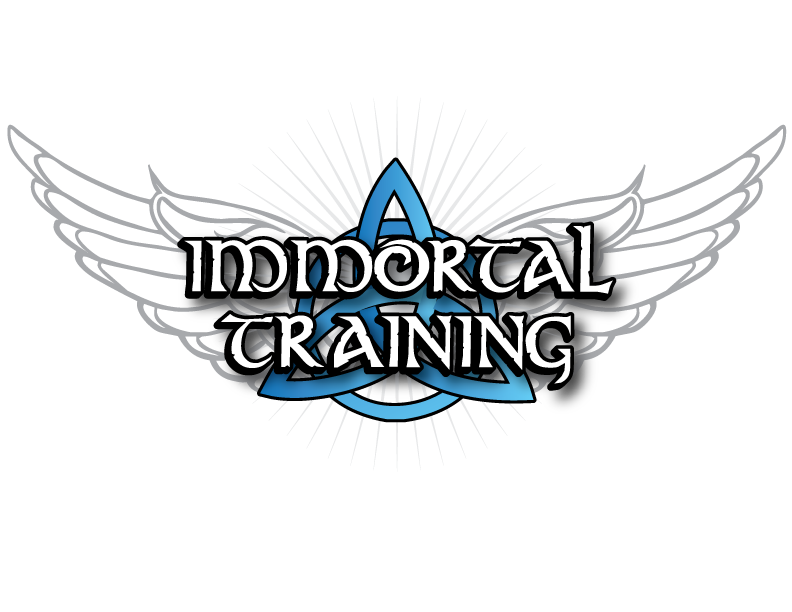



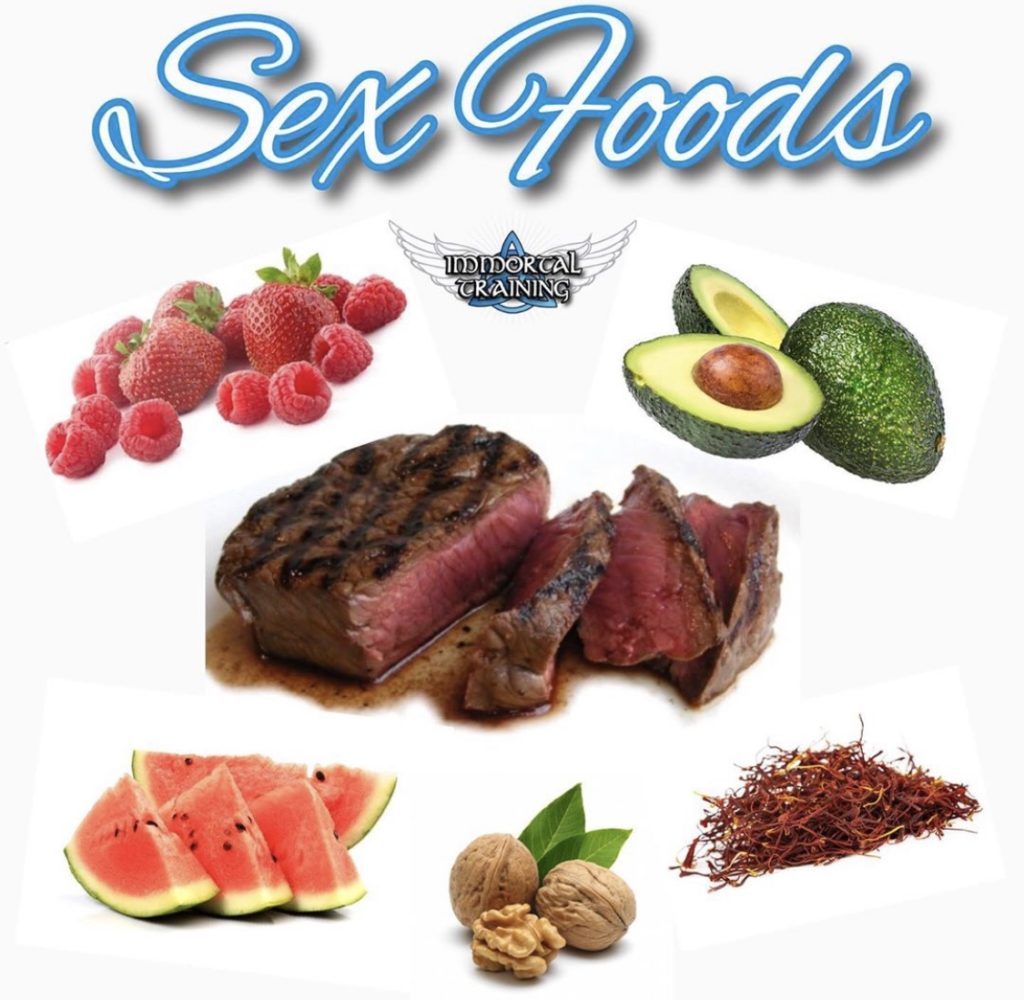


Recent Comments